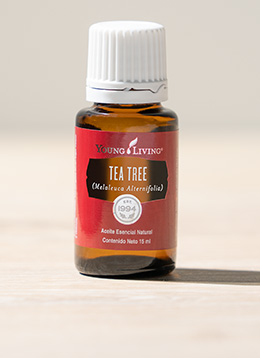Lacey Act Compliance Program
As part of our commitment to comply with applicable laws and regulations wherever we do business, Young Living is committed to complying with applicable laws and regulations related to the protection of plants and wildlife. As part of this commitment, Young Living has developed the Lacey Act Compliance Program.
The Lacey Act is the oldest wildlife protection statute in the United States. Originally enacted in 1900 to protect animal species, this law was expanded by Congress in 1981 to cover certain plants and plant products taken in violation of U.S. domestic law. In 2008, Congress again expanded coverage of the Lacey Act to include all types of plants and animal materials. The 2008 amendment was the first ban on wood and plant products that sought to target illegal harvest activities outside the United States and to provide better transparency into the source and species of plant and plant products being imported into the United States.
The Lacey Act makes it a federal crime to import, export, transport, receive, buy, or sell plants or plant products, including essential oils and other plant-derived products, taken or traded in violation of domestic or foreign laws designed to protect plants, and shipped to or within the United States. The Lacey Act creates a “due care” standard, defined as “that degree of care which a reasonably prudent person would exercise under the same or similar circumstances,” to encourage inquiry into legal harvest and sourcing of plant products.
Young Living has invested over four years of focused efforts in the development and implementation of this robust and comprehensive compliance program. Through these efforts and engagement with Lacey Act specialized counsel, local counsel from around the world, and environmental experts, Young Living has established itself as an expert and pioneer in ensuring Lacey Act compliance within the essential oils industry.





